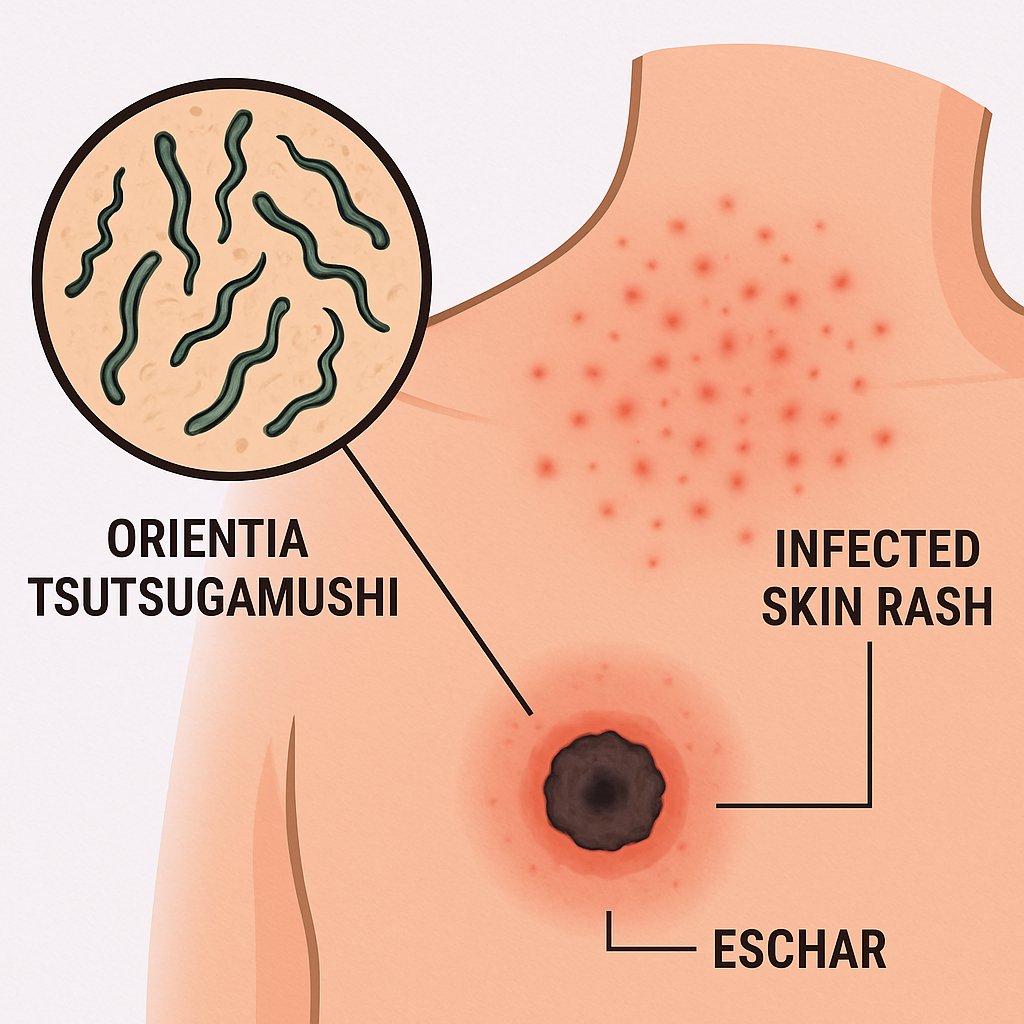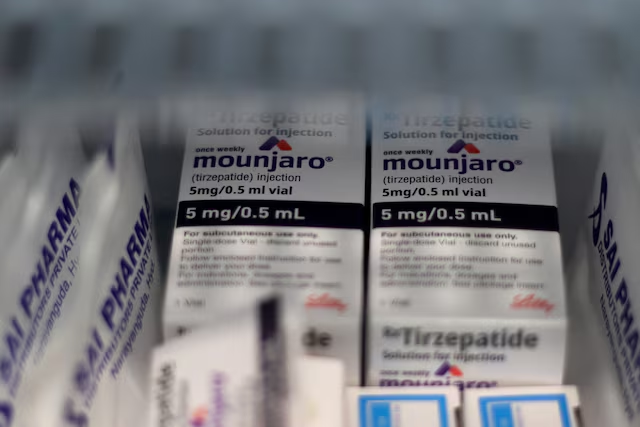In a groundbreaking development, Alibaba Group has unveiled what it claims to be the world’s first artificial intelligence (AI) model capable of detecting gastric cancer, even in its early stages, using only computed tomography (CT) scans. The model, named GRAPE—short for Gastric Cancer Risk Assessment Procedure—was co-developed by Alibaba’s Damo Academy and the Zhejiang Cancer Hospital in Hangzhou, Zhejiang
Revolutionizing Early Detection
Stomach cancer, a leading cause of cancer-related deaths worldwide, often remains asymptomatic until advanced stages, making early detection crucial for effective treatment. Traditional diagnostic methods typically require invasive endoscopic procedures, which many patients find uncomfortable and are reluctant to undergo. GRAPE offers a non-invasive alternative by analyzing three-dimensional CT scans to identify early signs of gastric cancer.
In clinical trials involving over 70,000 patients across 20 hospitals in China, GRAPE demonstrated a sensitivity of 85.1% and a specificity of 96.8%, significantly outperforming human radiologists in detecting early-stage gastric cancer. These results were published in the journal Nature Medicine on June 24, 2025.
Addressing Patient Hesitancy
According to Cheng Xiangdong, a gastric surgeon at Zhejiang Cancer Hospital, fewer than 30% of patients in China are willing to undergo endoscopy when advised by doctors. This reluctance often leads to delayed diagnoses and poorer outcomes. GRAPE aims to eliminate this barrier by providing a less invasive screening option that encourages more individuals to seek early detection.
Global Implications and Ethical Considerations
The introduction of GRAPE has the potential to transform gastric cancer screening globally, particularly in regions where access to medical facilities is limited. By leveraging AI and existing CT scan infrastructure, healthcare providers can offer more accessible and efficient screening options. However, the deployment of such advanced technology raises ethical questions regarding data privacy, the potential for over-reliance on AI in medical decision-making, and the need for proper training and oversight of healthcare professionals.

Future Prospects
Alibaba plans to expand the use of GRAPE beyond Zhejiang Province, with preparations underway for broader deployment across China. The company is also exploring collaborations with international health organizations to introduce the technology in other countries. As AI continues to play an increasingly prominent role in healthcare, the development and implementation of models like GRAPE could pave the way for more personalized and proactive medical care.
While the potential benefits of GRAPE are substantial, it is essential to balance technological advancements with ethical considerations to ensure that AI tools are used responsibly and effectively in the medical field.








